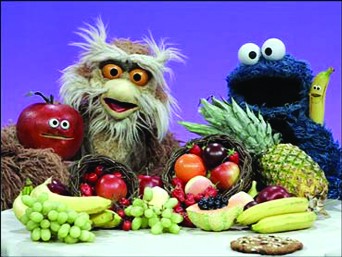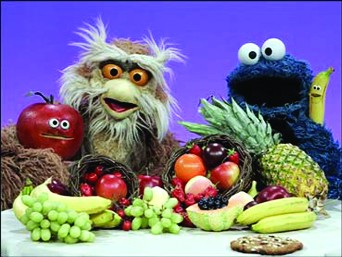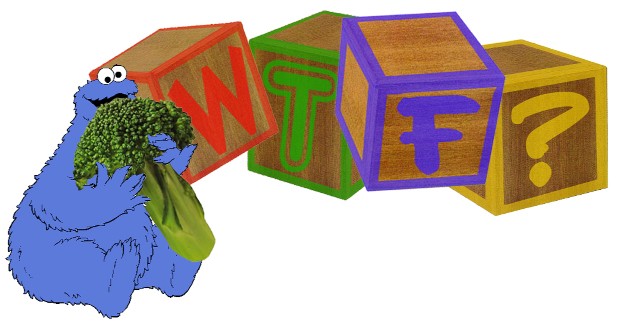C is for cookie, that’s good enough for me. At least it used to be.
Generations of children have sung these lines along with Cookie Monster on the show Sesame Street as the notoriously hungry blue fuzzball — the brainchild of university alumnus Jim Henson — devoured plate after plate of cookies.
But starting this season, a health-conscious America that is constantly watching the scale, will hum to a different tune — one sung by the decidedly less-lovable Hoots the Owl, who attempts to “teach moderation.”
A recent segment of Sesame Street features Hoots singing to Cookie Monster about the benefits of a well-balanced meal and encouraging him to think of cookies as “sometimes foods.”
“He’s not telling him not to eat them,” a frustrated-sounding Sesame Workshop spokesman said about the common misconception. “It’s about teaching a lesson in moderation.”
Regardless, the segment ends with Cookie asking the healthy owl, “Is it sometimes now?” hoping to enjoy a cookie following his meal.
Although it may seem blasphemous to former Sesame Street devotees to lessen the role of cookies in a segment starring a cookie monster, future legions of young watchers may be enticed by the changes.
Cookie’s song is part of a larger initiative by the Sesame Workshop called “Healthy Habits for Life,” which includes other projects like an exercise segment led by Grover called “Fuzzy, Blue and Healthy Too.”
With childhood obesity on the rise — the percentage of children considered obese more than doubled between 1976 and 2000 according to the American Obesity Association — the show’s producers are doing everything they can to make healthy choices appealing.
“It was particularly important for us when dealing with a topic such as health to choose child-relevant issues such as trying new, healthy foods and simple exercises and make them exciting and attractive,” said Lewis Bernstein, executive producer of Sesame Street, in a press release.
American Studies professor Larry Mintz said he didn’t think the changes would lead to a less interested audience.
“Sesame Street was never as humor oriented as the Muppets … It was an educational program that happened to use the Muppets” he said, adding with a chuckle, “I mean it is PBS after all.”
Hoots the Owl, left, and Cookie Monster, right, will attempt to teach kids lessons in moderation on Sesame Street.





